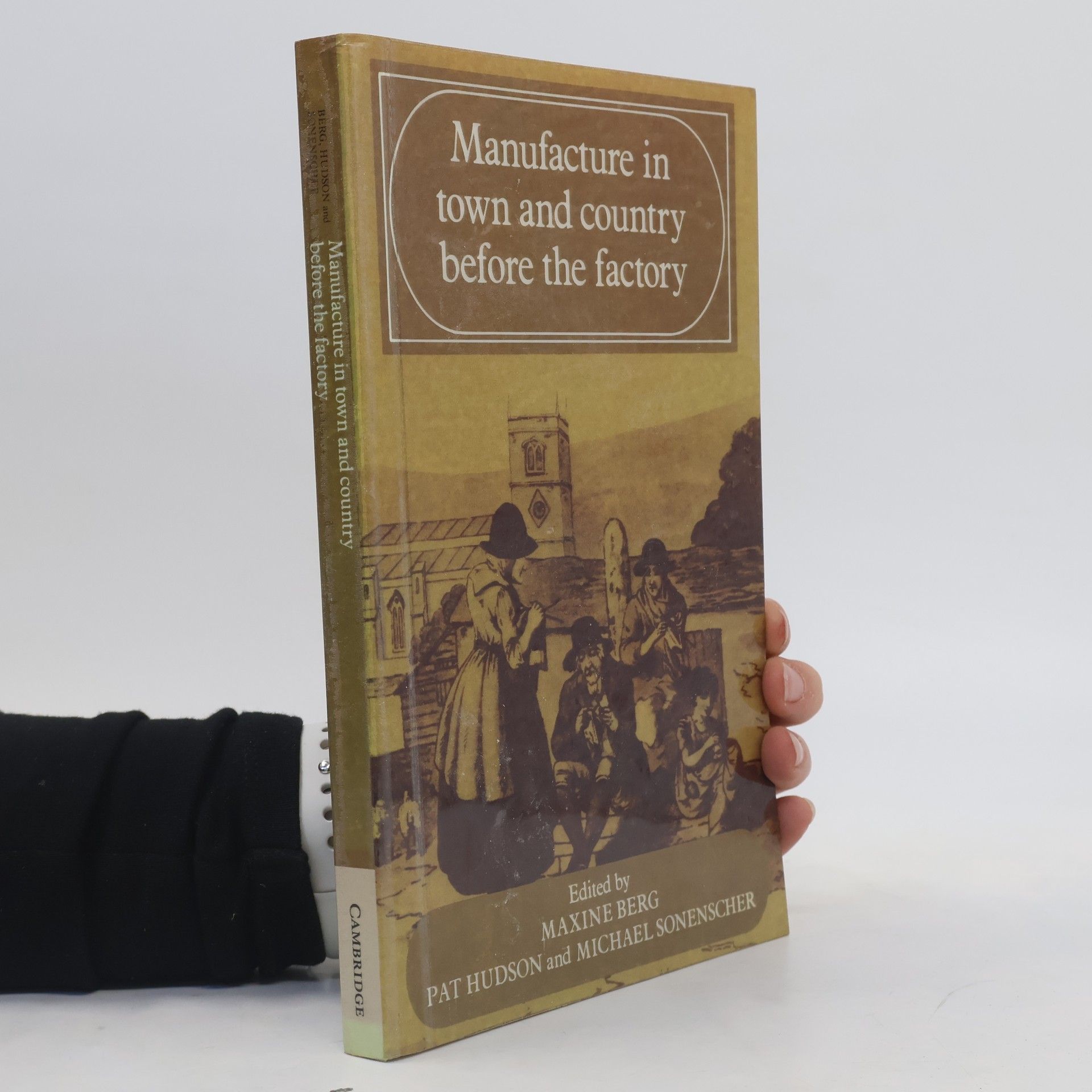Manufacture in Town and Country Before the Factory
- 224 pages
- 8 hours of reading
The essays in this book explore the internal organisation of production before the development of the factory system.
This author holds a professorship in History at the University of Warwick, a position she has maintained since 1998. She is recognized as a Fellow of both the British Academy and the Royal Historical Society. Her scholarly work delves into profound historical analyses, informed by her extensive teaching experience. Her expertise in the field is widely acknowledged within academic communities.


The essays in this book explore the internal organisation of production before the development of the factory system.